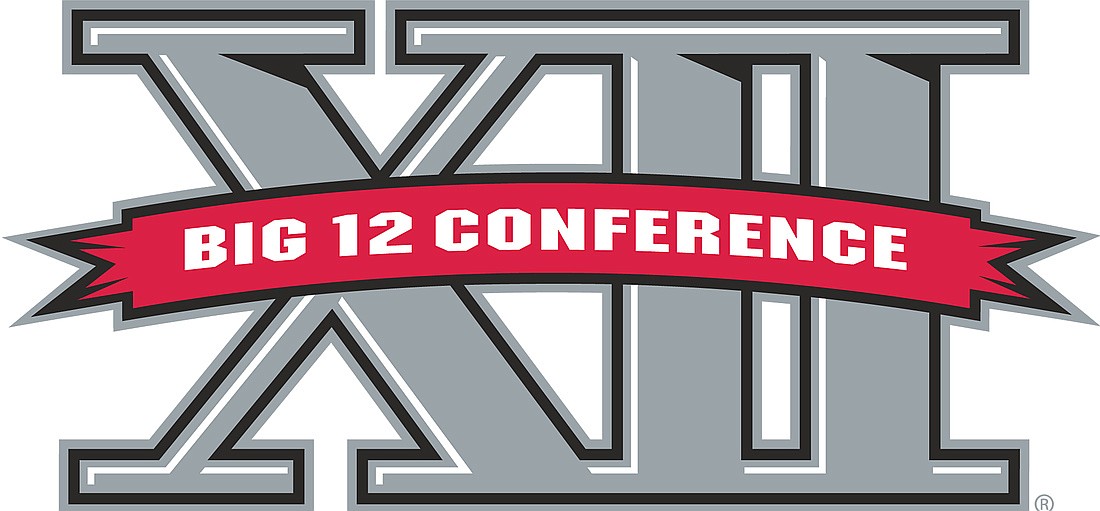- April 22, 2024
-
-
Loading

Loading

The University of Central Florida in September announced it would be moving into college football’s upper echelon by joining the Big 12 conference along with Brigham Young University, current College Football Playoff semifinalist University of Cincinnati and the University of Houston.
This puts UCF in one of the “Power 5” conferences for the first time in its history.
The move takes effect at the start of the 2025 season, during which Oklahoma and Texas officially will begin play in the Southeastern Conference.
And the change could have an impact on West Orange and Southwest Orange. Rather than going to Tallahassee, Gainesville, Miami or anywhere else in the country, could the change convince the area’s top talent to stay in Central Florida?
Central Florida Christian Academy head coach Jeremy Campbell believes it will.
“It opens up more opportunities for the kids here in the area,” he said. “They have not always tapped into Orlando, but Coach (Gus) Malzahn is trying to do that. We have a lot of great talent here, so I hope it encourages some of these guys to stay home and play for UCF.”
Some CFCA players such as current eighth-grader Noah Maddox would be seniors the year before the Knights move to the Big 12. The opportunity to start in the Big 12 right off the bat could appeal to players in his situation.
Windermere head coach Eric Olson agreed the move elevates UCF into the conversation for area athletes, but it still has a long way to go in being one of the first to emerge.
“Kids are still talking Florida State and Florida, but this does add UCF into the conversation,” Olson said. “They usually have a shot at the national title and have a good fanbase here, as well, but now, they’re up against some good competition year in and year out.”
Legacy High School coach Trent Hopper offered a different take. As a self-described massive college football fan, he said he prefers conferences to be more regional. Before Nebraska left in 2011 for the Big 10, the Big 12 comprised primarily schools in the Midwest from the aforementioned Cornhuskers down to Texas. Now, it features teams such as West Virginia, which are farther east than the primary target region.
“You don’t have that workday bickering in the office or the atmosphere it used to have,” Hopper said. “The SEC works, because it’s just the Southeast teams, but now, you add Missouri and eventually Oklahoma and Texas, none of which (is) located in that area.”
Hopper also said he doesn’t see things changing much in recruiting. UCF hasn’t placed much emphasis on recruiting in Orlando and especially West Orange County, he said.
“When you look at their roster, the bulk of their guys come from Oviedo or Hagerty, primarily,” Hopper said. “I don’t know why they don’t look to Orlando and West Orange County, but I don’t see that changing, unfortunately.”
Since beginning Division I-A play in 1996, UCF has been an independent, part of the Mid-America Conference and Conference USA. They have been with the American Athletic Conference since 2013.
The Knights lay claim to the 2017 national championship after defeating Auburn in the Peach Bowl, although they were not invited to the College Football Playoff that season despite their 12-0 record going into the bowl game.
UCF finished the 2021 regular season with an 8-4 record — the best among Florida schools — and will play Florida in the Gasparilla Bowl Dec. 23 in Tampa.